Living In Tunisia Expat Guide – part 2. You can see part one here.
Pros and Cons of Moving to Tunisia
With the country scorching hot summers, cozy mild winters, welcoming locals, and lively culture, Tunisia still remain one of the best expat destinations. If you’re planning to visit this country, it would be a plus to know the pros and cons.
On the flip side, immersing yourself into another culture can be valuable for both personal and professional life. Expats living in Tunisia get the opportunity to use their work and social skills to build relationships with people across the world, and not just those from one country.
In this section, we have compiled some of the reasons why Tunisia remains the best expat destination.
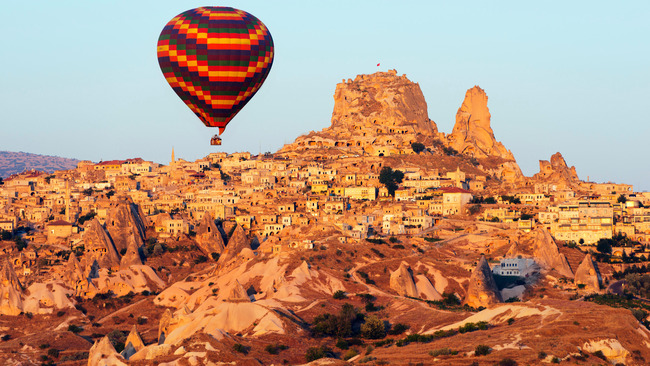
Pros
1. Entertainment & Leisure
Living in Tunisia, expats don’t have to stay cooped up indoors all year round. The mild Mediterranean climate means that it is warm enough for outdoor activities most of the time. And the extensive coastline offers plenty of beaches for swimming and sunbathing.
With that being said, you should always know that a visit to a traditional Tunisian market is always entertaining. Also, you never know what you may find when you visit a random street or neighborhood, as there are many things to explore.
2. Food
The cuisine of Tunisia is very diverse, with influences from North African and Italian cuisines. In some of the restaurants in Tunisia, there are always a good variety of dishes for expats to choose from. Vegetarian options are also available in most places and they taste great too. At the same time, fruit and vegetables are very affordable in Tunisia and they taste great as well.
3. Leisure
There is more to do in Tunisia, whether it’s for fun or relaxation. Not only is that, but there are many museums that expats can visit. However, museums here tend to be much more interesting than those you would find elsewhere due to the historical significance of the country. There are also many natural beauty spots that expats can visit, like the Sidi Bou Said or the legendary desert of Chott El Jerid.
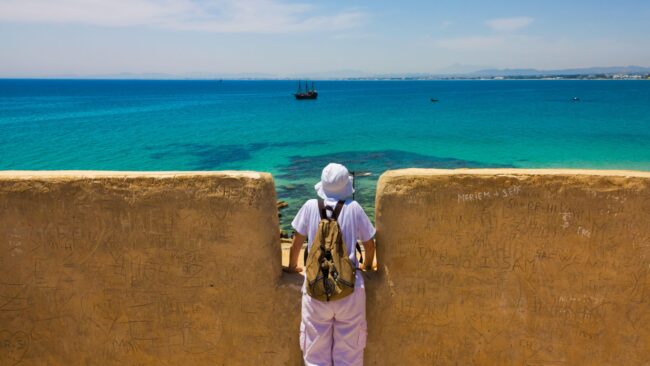
4. Job Opportunities
Tunisia has an economy which is growing at a fast rate and there are plenty of job opportunities for expats here. The Tunisian government is keen to attract foreign investments and this has resulted in the creation of many job opportunities for expats.
Skilled expats will find it very easy to find a job as there is an acute shortage of skilled workers here. That being said, there are plenty of opportunities for part time work as well, especially in places like beach resorts.
5. Natural Resources
Tunisia has reserves of natural gas and oil, as well as a good supply of sand, limestone, and gypsum. This means that the Tunisian government is able to offer incentives to companies who are willing to invest in projects that benefit Tunisia. Since there is a high demand for these resources from all over the world, expats can start their own business with a good chance of success.
6. Education
The education system in Tunisia is very diverse and it gives expats a lot of options when it comes to the schooling options available here. In many instances, children will start their schooling at an international school before attending university in Tunisia or abroad. The quality of the schooling systems is high and there are many good universities such as the Manouba University and the Monastir University for expats to study at.
7. Safety
Tunisia has a low crime rate and is generally a very safe place for everyone to live in. Expats can feel safe walking around at night and there is little chance of break-ins or robberies taking place. Although there may be political instability in certain places, but it is usually safe to travel through Tunisia, and tourists who visit the country will find it very easy to get around.
Living in Tunisia as an expat can be a very enjoyable experience. But you may have to learn some new skills and once you’re able to settle into the local culture and customs, you’ll find that there is plenty to do and enjoy in the country. Moreover, the reward of living in a foreign country is always worth it and most expats will have a great time living here.
8. Cost of Living
The cost of living can vary from region to region but overall, money goes a long way in Tunisia. The cost of living in Tunisia is very low by international standards and there are many places where expats can find good value for their money. Notwithstanding, the cities are slightly more expensive but most essential commodities are available at affordable prices.
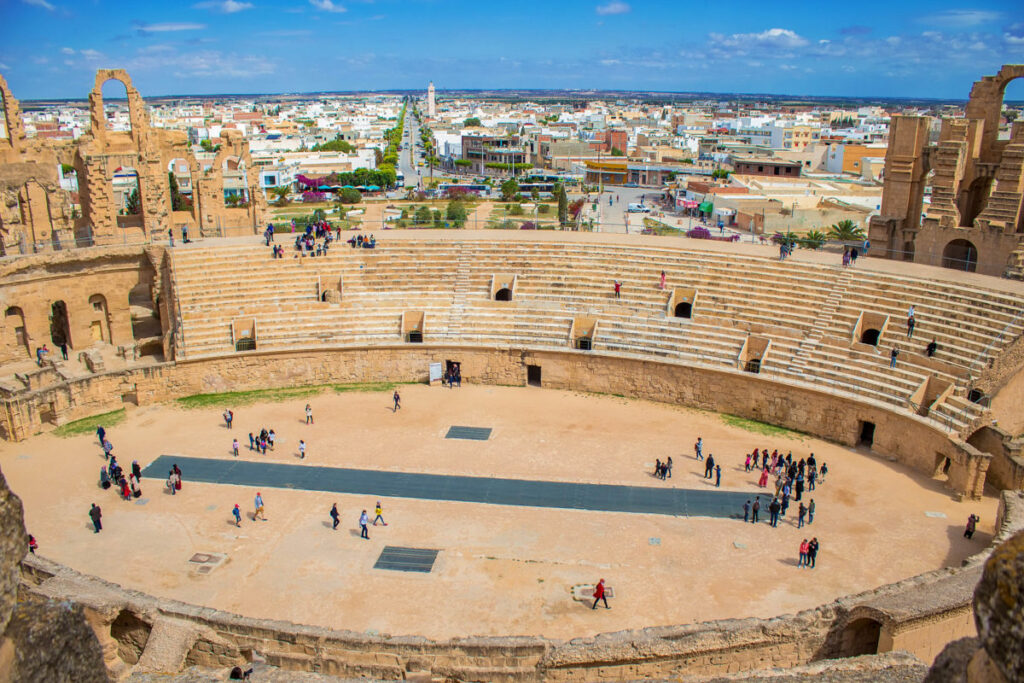
Cons of Living in Tunisia as an Expat
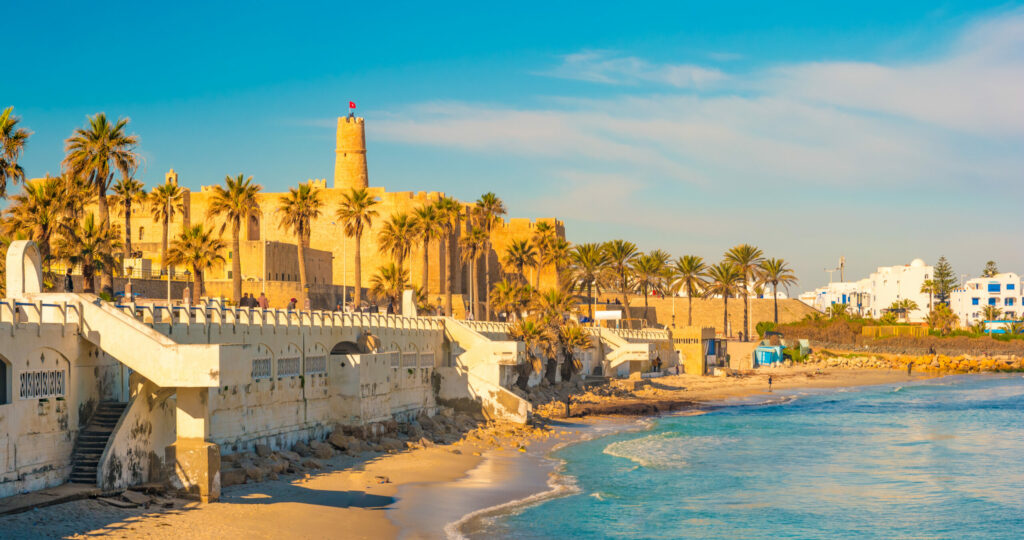
Although Tunisia’s revolution in 2011 to oust Ben Ali and the overall democratization process that followed was a watershed moment for Tunisians, who now enjoy freedoms unimaginable under the former regime.
However, those very freedoms clash with the traditional values and norms of Islamic society. As such, expats moving to Tunisia as well as Tunisian locals are still stuck in a state of transition. But, until such time that the country fully overcomes these internal contradictions, Tunisia will continue to be plagued by unfortunate events like those that occurred at the Bardo Museum and Sousse Beach.
Nonetheless, the following is a list of seven (7) cons expats need to keep in mind when planning their move to Tunisia.
1. Islam and Secularism
While the Tunisian Constitution upholds secular principles, it also enshrines Islam as the state religion. This means that non-Muslim expats will find it difficult to enjoy the same rights and privileges afforded to Muslim citizens (although not impossible). While most Tunisians are tolerant of Western ways, women in particular face many challenges when trying to advance their career or academic prospects.
2. Emergency Laws
The Tunisian government continues to implement the state of emergency laws inherited from the old regime. These new laws give the police broad discretionary powers to detain suspects for up to twelve days without charges being filed against them. What’s even more troubling is that these new laws are not subject to judicial review.
3. Corruption
Tunisia remains one of the most corrupt countries in the world. It has slipped eleven positions within two years on Transparency International’s global corruption index, placing 66th among 168 nations. This plies that lack of transparency and accountability within government agencies and corporations is a huge challenge for foreign investors and local businesses alike.
4. Security
Tunisia still lacks the police and security forces needed to ensure public safety today. This was clearly demonstrated during the Bardo Museum attack, where Tunisian police failed to prevent gunmen from entering the museum complex. Additionally, there were no security personnel posted at Sousse Beach Resort either, and that’s a fatal mistake that cost innocent lives.
5. Economy
Tunisia’s economy has been one of the slowest growing in North Africa. Moreover, tourism is its lifeblood, but it is responsible for only 1.5% of the country’s GDP. The majority of Tunisians live off a meager economy that centers mainly on agriculture and state subsidies.
Cost of Living in Tunisia as of 2021
| Goods & Services | Price in Tunisian franc | Price in Dollar |
| 1 bedroom apartment downtown | 353.49 to 1046.33 TND | (500-1500 U.S.$) |
| 1 bedroom apartment outside of city center | 214.15 to 547.98 TND | (300-800 U.S.$) |
| 3 bedroom apartment downtown | 945.30 to 2548.91 TND | (1500-4000 U.S.$) |
| 3 bedroom apartment outside of city center | 673.50 to 1727.10 TND | (1000-2500 U.S.$) |
| Basic utilities (water, electricity, garbage) for 85m2 apartment | 188.02 to 479.15 TND | (250-700 U.S.$) |
Best Places Suitable for Expats in Tunisia
· Tunis
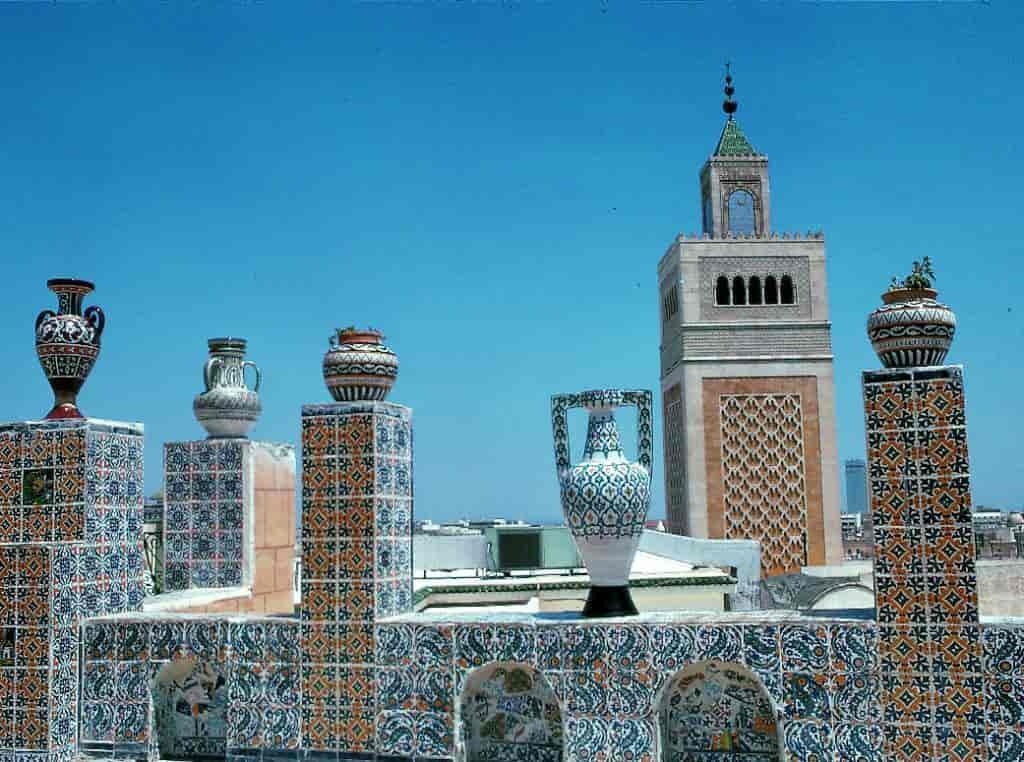
The capital Tunis has the highest population density at 17,871 people per square kilometer. The political heart of Tunisia is here with multiple ministries based here. The economy is facing challenges though with unemployment, especially amongst graduates, at 16%. The governorate covers an area of 300 km².
· Sousse
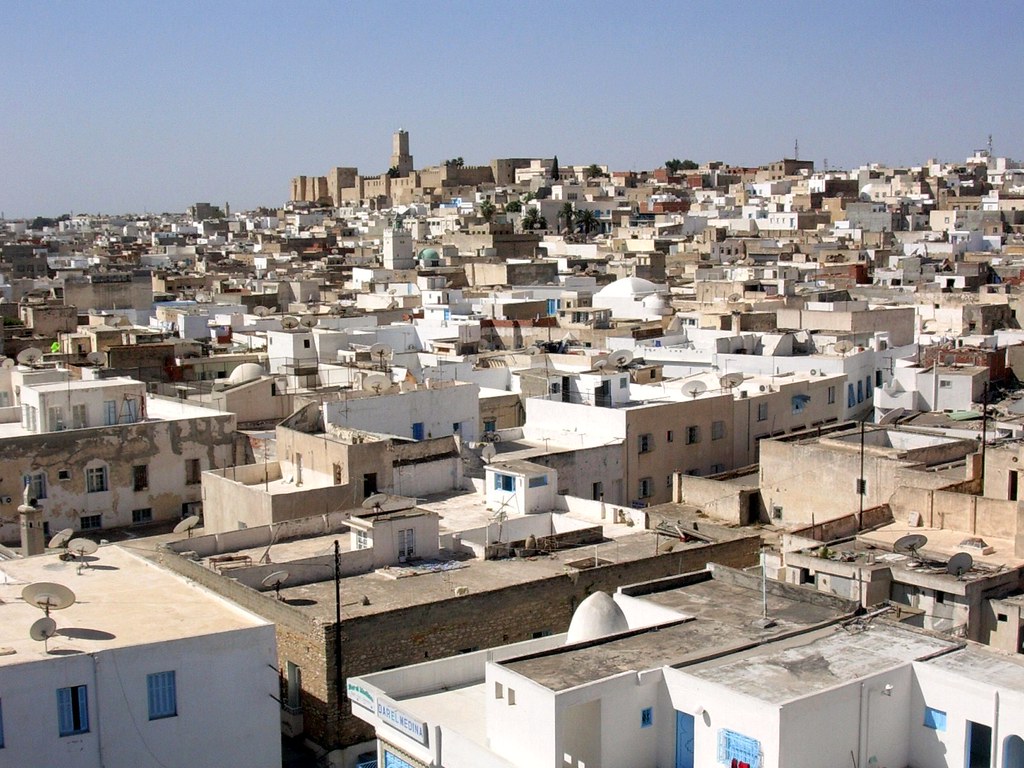
Located 90 kilometers from Tunis, this coastal resort is one of the most popular tourist destinations in Tunisia known for its beautiful beaches and relaxing atmosphere.
· Monastir
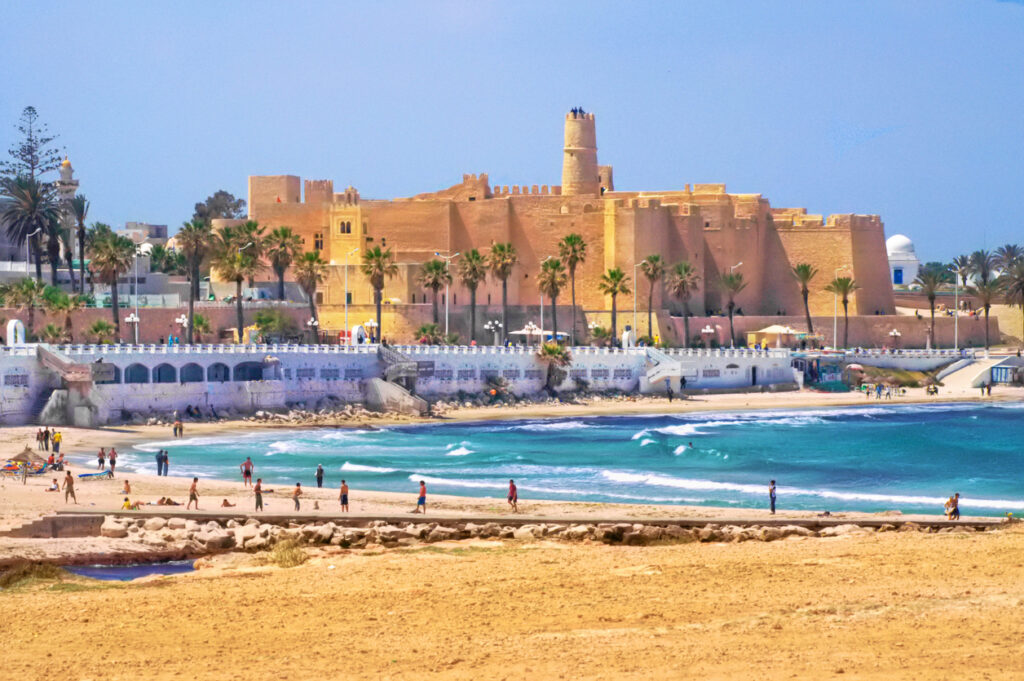
The city is located in north east Tunisia, about 70 kilometers from Sousse. It has a population of nearly 100,000 people. Not only is that, but it’s home to some popular tourist attractions including the Ribat of Monastir (ancient Islamic fortification), which was declared as a World Heritage Site by UNESCO in 1985, and the Archaeological Museum of Monastir located within an ancient mosque.
· Gafsa
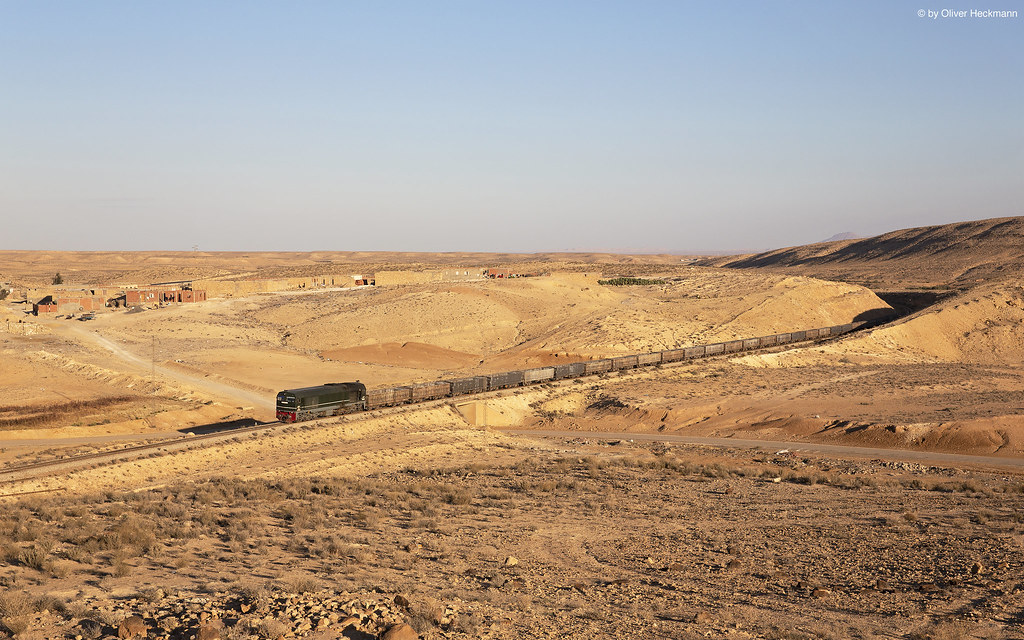
With a population of more than 160,000 people, this city is located in the northwest of Tunisia and is known for its phosphate mines, popular among visitors for watching how phosphates are extracted.
· El Kef
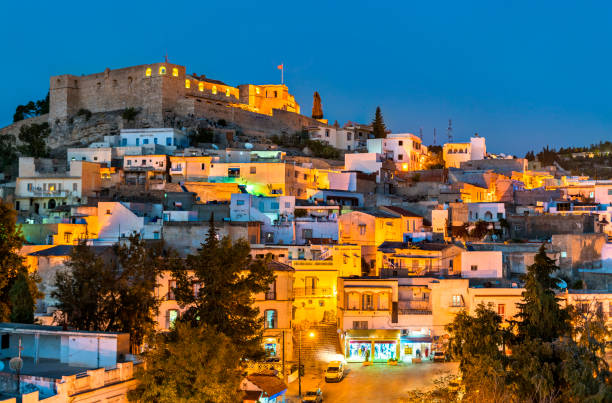
This city with a population of more than 100,000 people is located 330 kilometers southwest of Tunis. And is home to numerous monuments such as the Great Mosque of Sidi Mahrez, which was an important spiritual center for Muslims during the spread of Islam in Africa.
· Sfax
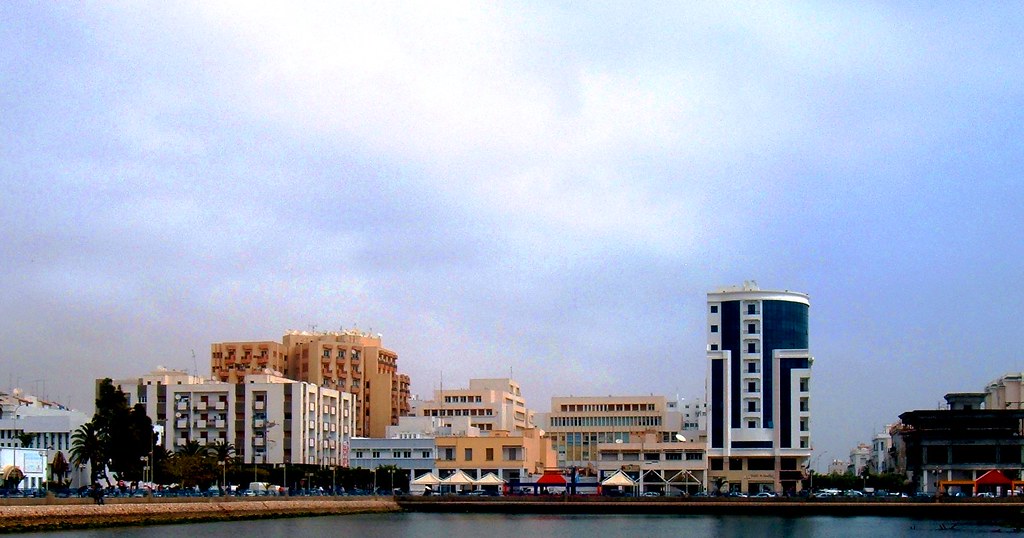
Sfax is known to be a coastal city with a population of more than 210,000 people that has been known since antiquity for its beautiful medina and fascinating souqs.
· Bizerte
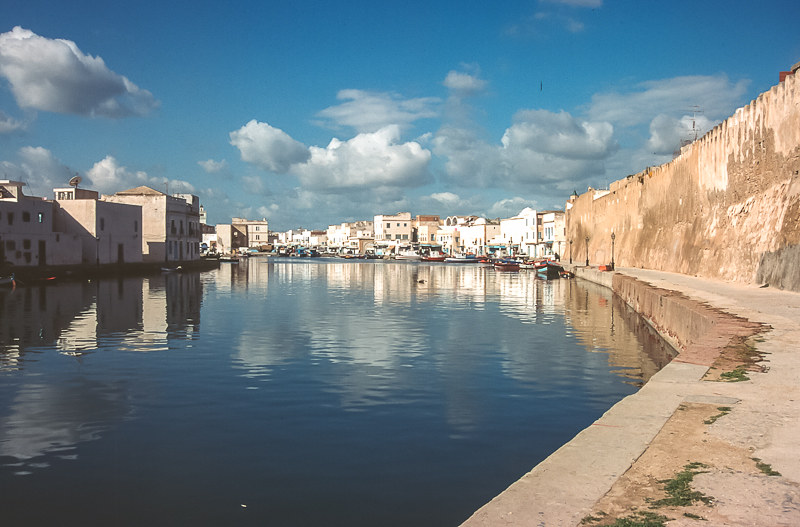
One of the most important cities in Tunisia located at North West, about 120 kilometers from Tunis with a population of more than 150,000 inhabitants. The city is located next to Lake Bizerte (Bizerte Sea), which has made it an attractive tourist destination for many people in addition to its rich history and places of interest.
Conclusion
There are many reasons to relocate to Tunisia as of today. Since it’s renowned as a beach destination because of soft sandy Mediterranean beaches, the benefits of living in this country cannot be overemphasized. Nonetheless, refer to this ultimate guide to know more about living in Tunisia as an expat.


